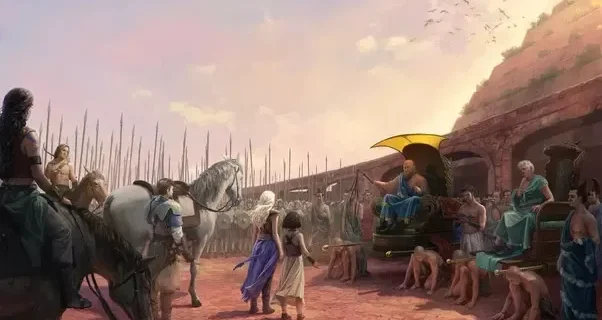Cersei’s Gambit: The Unintended Consequences of Power
Season 5 Episode 7: In this clip, Cersei is cornered by the High Sparrow, the religious leader in the Seven Kingdoms. Cersei empowered the High Sparrow to attack her political opponents, but he eventually turned on Cersei and imprisoned her. This is an example of unintended consequences. Often, governments will implement economic policies without considering …
Read more “Cersei’s Gambit: The Unintended Consequences of Power”










